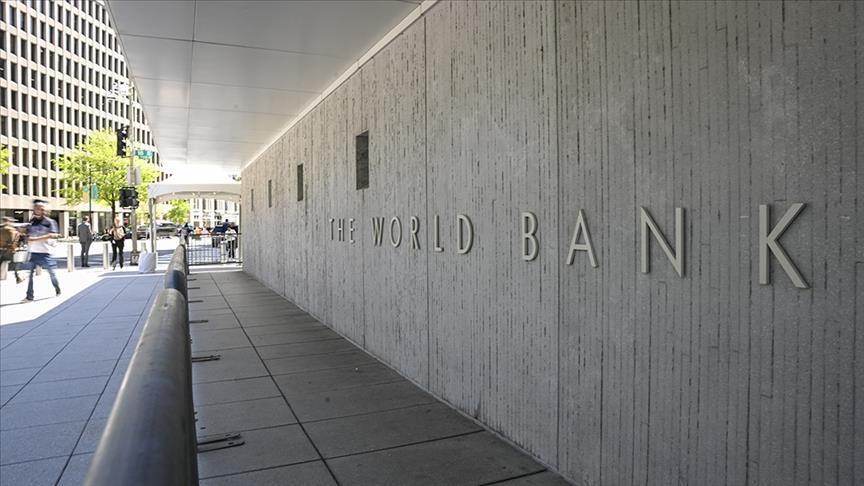The World Bank Group has said it delivered a record $42.6 billion in climate finance in fiscal year 2024, which covers July 1, 2023 to June 30, 2024.
The amount, which increased 10% compared to the previous fiscal year, supported efforts ‘to end poverty on a livable planet, investing in cleaner energy, more resilient communities, and stronger economies,’ it said Thursday in a report.
The World Bank Group said it committed to increasing its climate finance to 45% of total lending for fiscal year 2025, which runs from July 1, 2024 through June 30, 2025.
International Bank for Reconstruction and Development and International Development Association together delivered $31 billion in fiscal year 2024 in climate finance, of which $10.3 billion specifically supported investments in adaptation and resilience, said the statement.
International Finance Corporation, the private sector arm of the World Bank Group and the largest global development institution focused on the private sector in emerging markets, provided $9.1 billion in long-term climate finance.
Multilateral Investment Guarantee Agency, the World Bank Group’s political risk insurance and credit enhancement arm, delivered $2.5 billion in climate finance.
‘Taken together, World Bank Group climate financing was 44% of total financing in FY24, which reached $97 billion,’ the statement said.
Some of the climate projects included building over 900 new cyclone shelters and rehabilitating 900 more in Bangladesh, as well as supporting the country for constructing coastal embankments, enhancing early warning systems, and investing in erosion control to protect thousands of people from storm flooding.
It also included reducing methane emissions while helping farmers adopt sustainable practices to produce higher quality rice in Viet Nam’s Mekong Delta, which is home to 1.4 million rice-farming households.
‘In Dakar, Senegal, and Cairo, Egypt, fully electric Bus Rapid Transit systems are helping to reduce reliance on fossil fuels and cut emissions. Dakar’s BRT, the first in West Africa, is projected to reduce 1.2 million tons of carbon dioxide over its lifetime, while Cairo’s introduction of 100 electric buses lays the groundwork for a larger fleet to further decrease vehicle-related pollution,’ said the statement.

